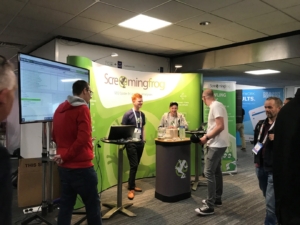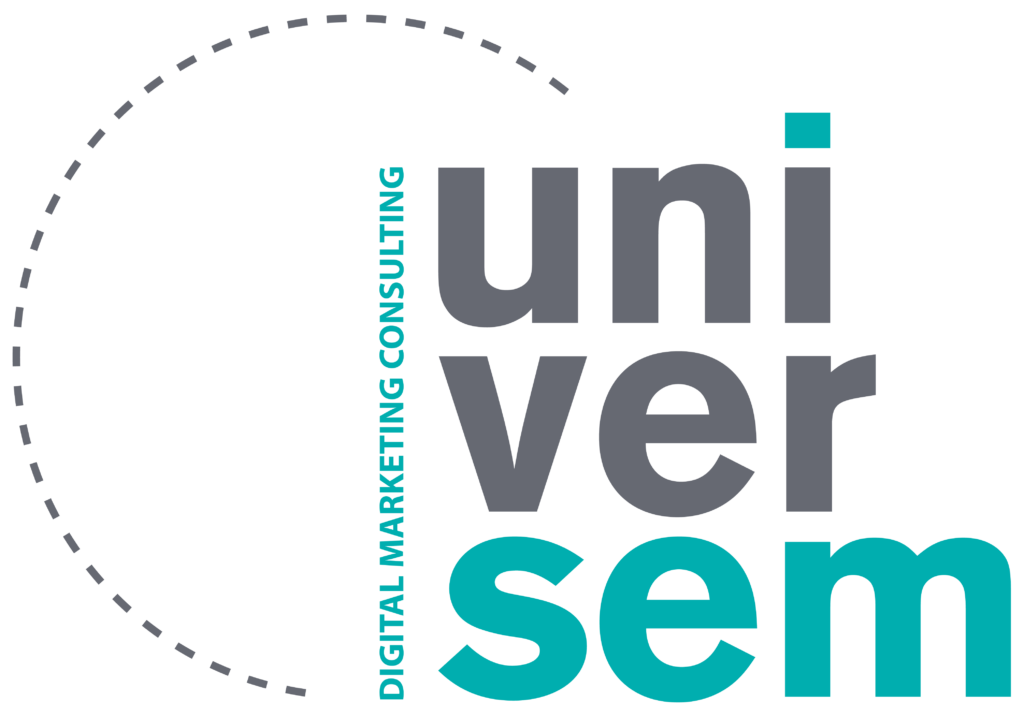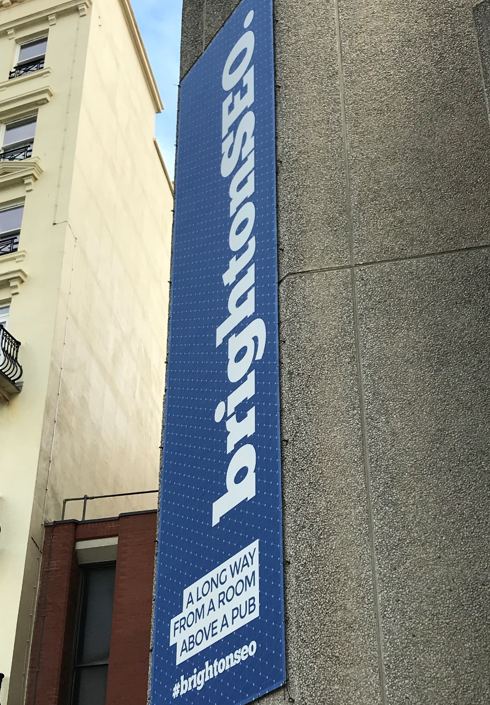BrightonSEO has already passed, but it is still worth it to write about this half yearly-highlight. This year the event took place on 11 & 12 April and on 12 & 13 September. Unfortunately I missed the April edition, but on 12 September Universem was represented at this fun event.
The future of SEO
After a general introduction in the theme of Star Wars, complete with the iconic music, BrightonSEO was kicked off with a presentation “The Future of Search”, given by Greg Gifford (Search vice president at Wikimotive). The recipe for this presentation: slides full of horror film references and good humor. In addition to some new movie and series tips to binge watch, there were a number of other things to take away from this conference.
One of the most important tips revolved around the concept of entities. This kind of thinking is becoming increasingly more important for SEO, instead of the earlier focus on exact search terms. The web pages of a website must function as well-defined, unique and singular elements that are related to each other through internal links.
Greg also advised not only to look at entities in specific keywords, but also to apply this to all possible answers. So it is time to stop focusing on exact search terms and focus more on the best answers to user questions.
Innovation and user’s intent
After this kick-off, it was time to make decisions. BrightonSEO offers a whole range of other conferences with fascinating speakers, but unfortunately I couldn’t be everywhere at the same time. In addition, besides the conferences, there is much more to experience at this event. Oncrawl, Semrush, Majestic and many other SEO related companies were also present and did their best to blind every visitor with fun goodies and innovative tools.
Still, I managed to attend a number of other lectures. Tim Soulo from Ahref gave a number of interesting tips regarding the analysis of search terms. He spoke about three fundamental elements that should be addressed:
- Traffic Potential: The importance of long tail keywords was particularly emphasized here, since keywords with a large search volume do not always receive a large amount of traffic.
- Business Potential: How relevant is your product for the problem that your target group wants to solve?
- Ranking Potential: Not all web pages on first place in the search results get all traffic. The most important thing is to think about the intention behind the keyword.
In the same theme I can mention another good presentation by Bjorn Darko. He linked search term data to market analysis and stated that even more insights can be obtained from search terms than purely for SEO. To know exactly what people are looking for can also be very valuable for product and inventory management.
The technical side of SEO

Apart from content and keyword-focused talks, there were also many conferences on technical SEO themes. Fili Wiese gave a first-hand experience of the ongoing struggle for lower website speed. The best tip here? Website speed is what you can constantly tinker with and that you also have to continuously test. With a mobile-friendly mindset you will get far, but having more server resources, checking cookies and using HTTP/2 for content over a single connection also helps a lot.
François Goube, CEO of Oncrawl, focused his talk on robots.txt files and what can go right, but also what often can go wrong. Hilarious anecdotes (such as entering your ftp password and account information in the robots.txt) and useful information and updates (using robots.txt to influence crawler budget will no longer work in the future) were part and parcel for this presentation. The last conference I want to mention is the one by Jan-Willem Bobbink. This one was about JavaScript Frameworks, an interesting and technically high topic, summarized in the following points:
- Try to ensure that canonicals, textual content, structured data and images are as little as possible dependent on Javascript.
- Double check always how the Googlebot sees the Javascript and the webpage. Tools for this include the Chrome Plugin “View Rendered Source”, the Google “Rich Results” test and even the “Inspect URL” function via Google Search Console.
- Be careful with third party rendering.
To conclude: BrightonSEO is a fantastic event that brings a lot of SEO material to mind and always gives you new insights. SEO continues to evolve and that is nowhere as clear as when attending BrightonSEO.
Interested in how Universem can improve your SEO strategy?
Check out what we can do for you or get in contact with us.



